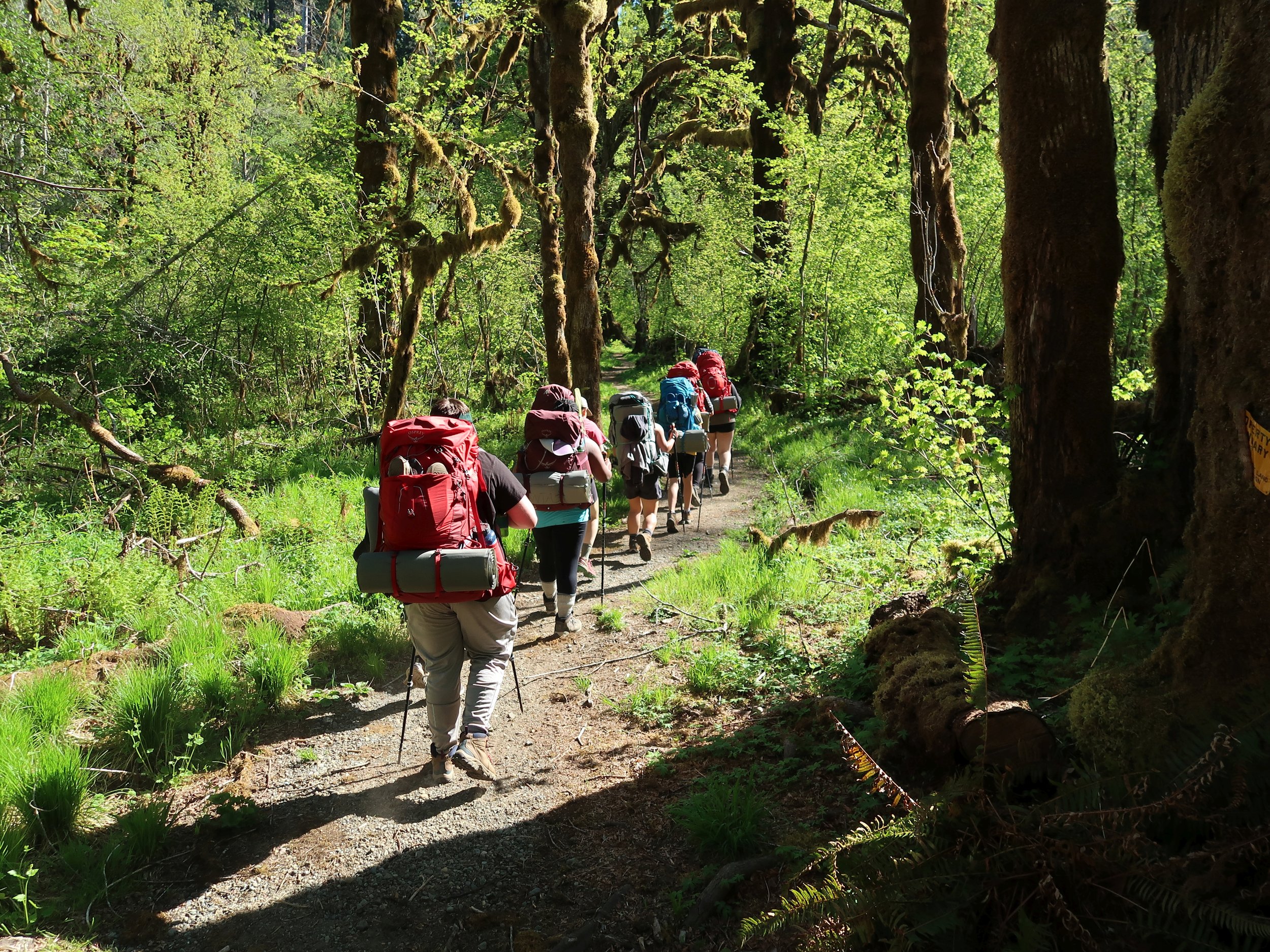
The Wild Grief Blog.
What to Say When There Are No Words: Supporting the Bereaved with Respect and Sensitivity
“I’m sorry for your loss.” If this phrase were a nickel, grieving people could quit their day jobs and retire to some tropical oasis.

Exploration of Worden’s Four Tasks of Mourning
“I’m sorry for your loss.” If this phrase were a nickel, grieving people could quit their day jobs and retire to some tropical oasis.